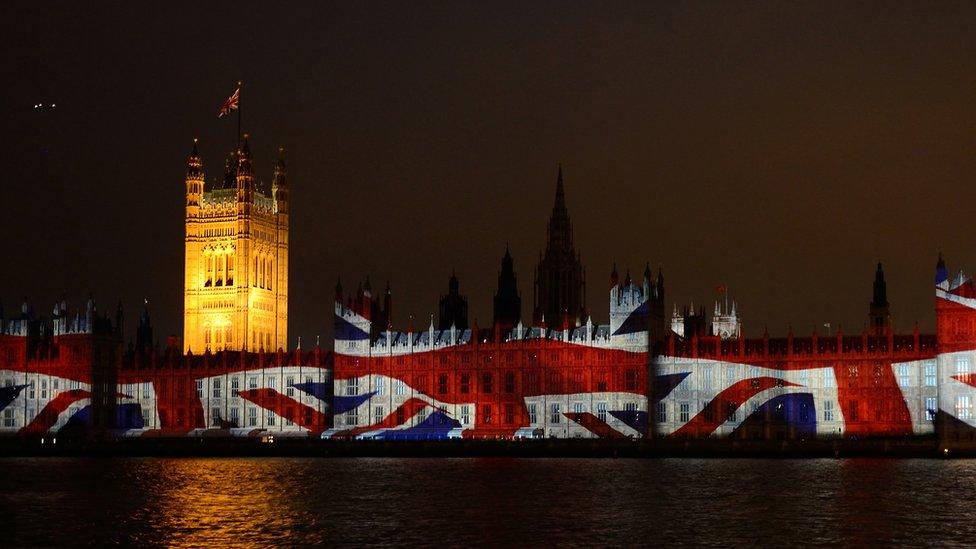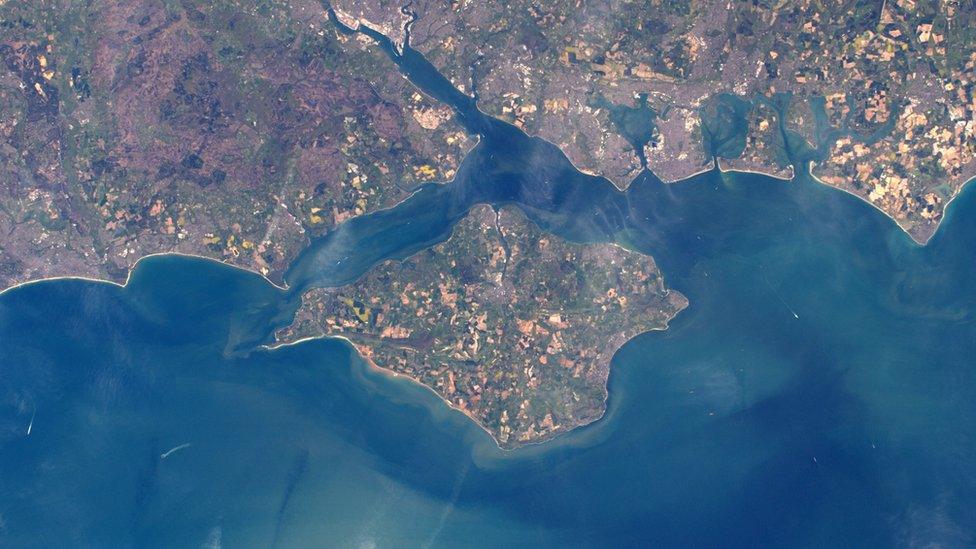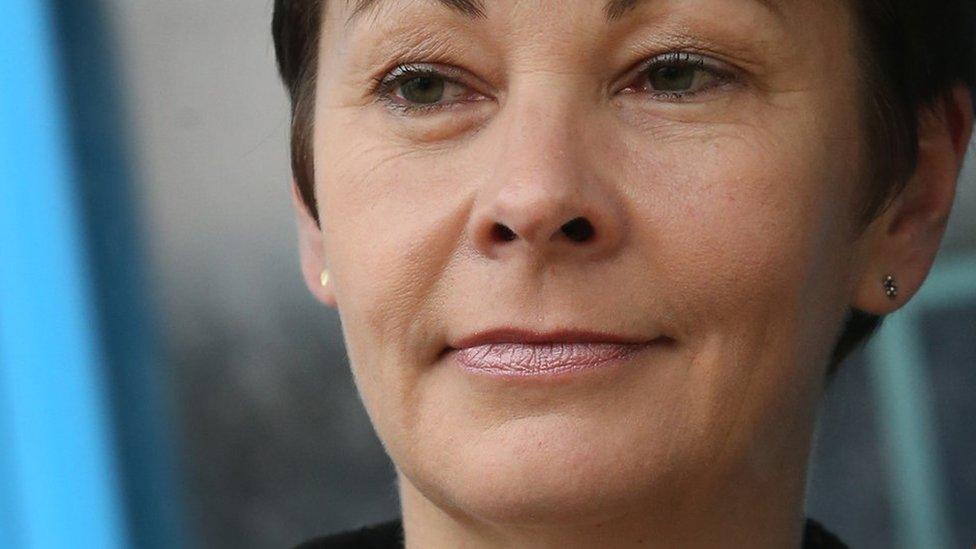Why do we need new parliamentary boundaries?
- Published

Scotland's MPs will find out this week which of their constituencies are to be abolished. The Boundary Commission for Scotland will reveal on Thursday how the 59 parliamentary constituencies used to elect Scottish members of Parliament at Westminster will be reduced to 53.
Between them, the UK's four boundary commissions have been asked to cut the number of MPs from 650 to 600. Northern Ireland will have 17, one fewer than at present; Wales has 40 seats, and will lose 11. England's 533 constituencies will be reduced to 501.
The number of voters in constituencies can vary considerably at the moment, from 55,000 to 95,000. Those with fewer voters tend to be urban seats, and because these are often held by Labour, the Conservatives have long argued that, on average, it takes fewer voters to elect a Labour MP than it does to elect a Tory.
This time, though, Parliament has imposed a quota. In future, each seat should have 74,769 voters, although they can vary that by 5%, in order to take account of local ties or geography. So in practice, at the next election no MP will have more than 78,500 voters or fewer than 71,000.
The UK government says that will make voting fairer. However, there is an exception for the Isle of Wight. If the new quota were to be applied there, the island would have too many voters for one MP, too few for two.

The Isle of Wight will buck the general trend by gaining an extra MP
The likely solution would have been to have one of the MPs also to represent part of Hampshire. Instead, thanks to a bit of parliamentary guerrilla warfare during the passage of the legislation, the government was forced to concede that there'll be two constituencies on the island, so each of the MPs will represent fewer than 60,000.
That decision can't be altered by the Boundary Commission for England, but its proposals for the rest of the country are subject to public consultation. At the time of the last review, just under two-thirds of the suggested constituency boundaries were changed as a result of the consultation.
Caroline Lucas, the only Green MP, is one of those who'll be calling for changes. The boundaries of her constituency are being dramatically altered. It'll make it harder for her to win at the next election, but she says regardless of the political effect, the boundaries being proposed make no sense.
"For example, Brighton Station would now be in Hove," she told me, in an interview for The Westminster Hour on BBC Radio 4. "I think they've really underestimated the sense with which people feel that they are either from Brighton, or Hove, actually - and to mix those up, I think, suggests that they haven't really listened to people."
Ms Lucas is also upset by one of the unexpected consequences of June's referendum; that the figures for voter numbers are more out-of-date than at any previous review.

Green MP Caroline Lucas says that the proposed new boundaries in her constituency make no sense
The Boundary Commission is required to use the figures from last December. However, in the first half of this year, an extra 1.75 million people registered, a 6% increase in the number of voters in London, and more than 4.5% in both the south-east and the south-west of England. Caroline Lucas told me that in her constituency it's added 10%.
For MPs who belong to political parties with more seats, this could be a frustrating business; the party strategy can be at odds with their own. David Gardner was in charge of Labour's response to the boundary review that preceded the 1997 general election. Local Conservative associations were frequently at odds with one other, sometimes arguing against each other at the public hearings.
By contrast, Mr Gardner imposed a rigid discipline on local Labour parties. He thinks that helped Labour, as it argued for new boundaries.
"It made a difference of about 20 to the House of Commons majority," he explained. In the end, that made no difference in 1997, when Labour won by a landslide, but at the general election in 2005, "it did actually make quite a difference, when the popular votes were much closer, but Labour still had a solid parliamentary majority."
The shape of the boundaries agreed after this review could influence elections for years to come.
You can hear The Westminster Hour on Sunday evenings at 22:00 on BBC Radio 4, and on via BBC iPlayer.